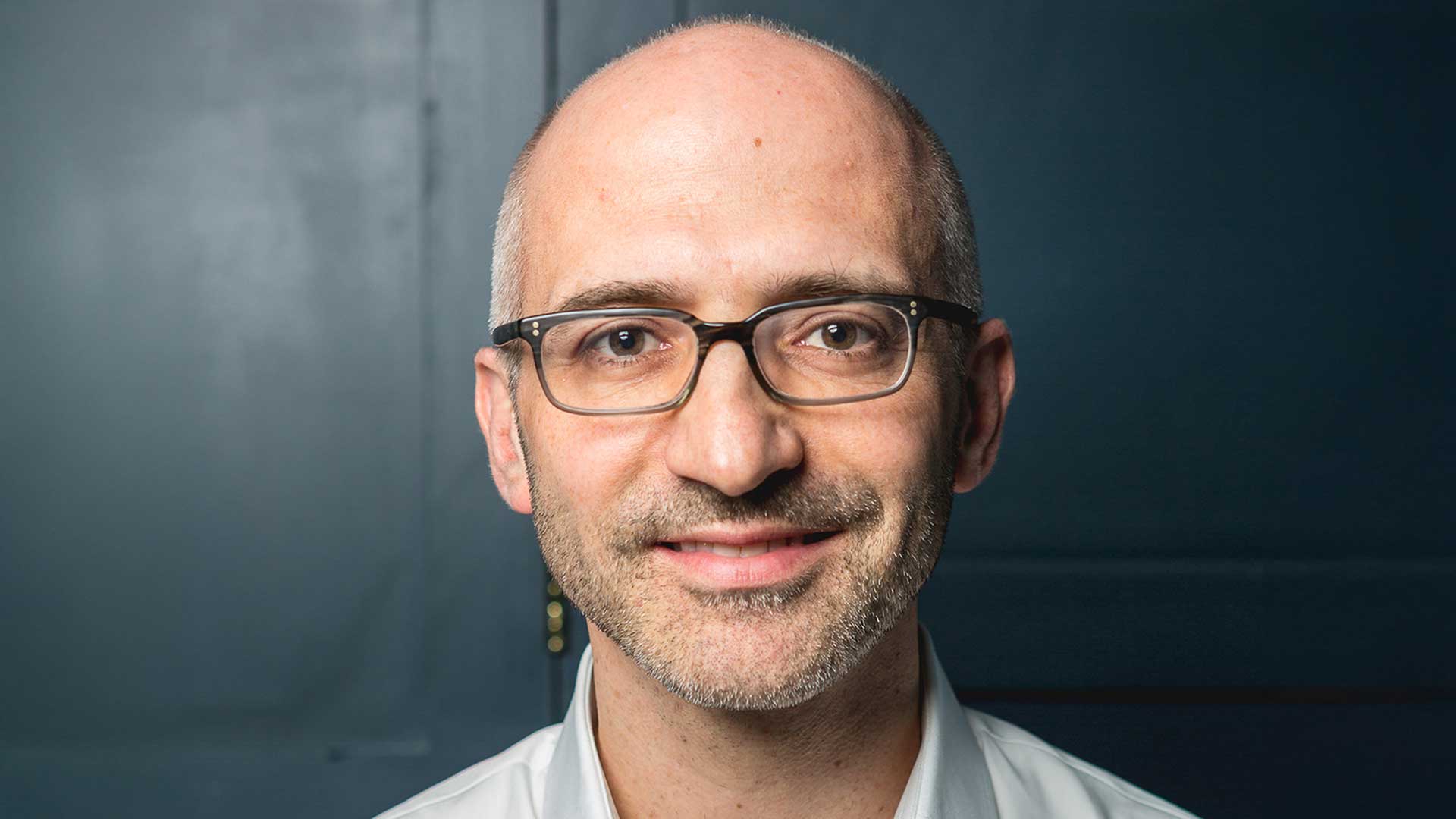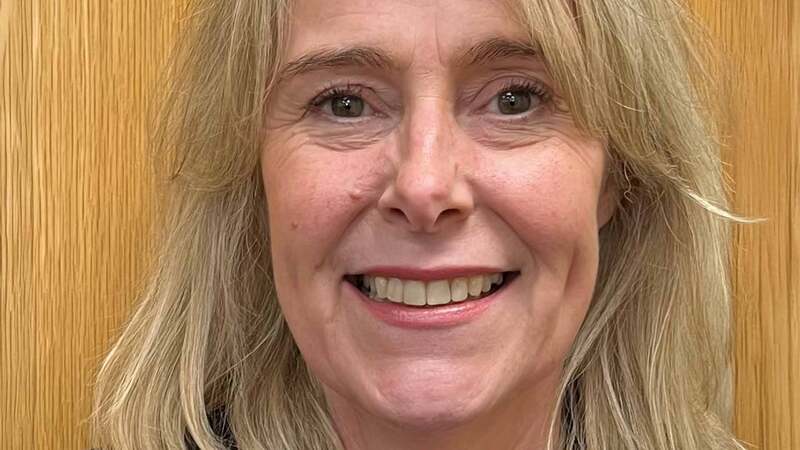You are viewing your 1 free article this month. Login to read more articles.
JS Group hails 'positive' year as online sales grow
Online sales at the JS Group grew last year as students increasingly turn to online shopping to buy their books. However, sales remained flat overall at the academic bookselling group after a change in government policy in Botswana hit international revenue.
Turnover at the JS Group, which includes John Smith bookselling chain, were flat year-on-year at £38.2m for the year to the end of May 2017. Operating profit was up by 40% to £0.25m year-on-year and cash from operating activities increased to £1.5m from £0.8m the year before, the company said.
E-commerce sales grew from 27% to 34% of total revenue in its Higher Education arm as students continue to shop online in increasing numbers.
The Glasgow-incorporated company also continued to win contracts with universities to offer its Aspire bursary scheme, partnering with the University of Worcester in September 2016 and Birmingham City University and York St John University in September 2017. In addition, four new institutions launched Aspire pilot schemes in September 2017, to be rolled out to full contracts for September 2018 and the company said recurring Aspire revenues based on long-term contracts now account for 75% of its UK HE revenues.
David Marshall, group commercial director, told the Bookseller: "We are continuing to see strong growth in our online sales channel, and we continue to invest significantly in this area. This growth is being driven by two primary factors – the growth in Aspire contracts where online is often the primary or sole channel and in addition general market changes in student purchasing preferences, with more students choosing to source content and course materials online as opposed to in a physical store."
He added that the company’s increase in operating profit was down to growth in the company’s Aspire business. “Growth in this area is secure and predictable which allowed us to increase our focus on controlling costs to improve financial performance,” he said.
E-books, meanwhile, are a “significant” part of JS Group’s offering to the market, Marshall said. The company partners with Korext to deliver digital textbooks to students. “We anticipate that e-book revenues will continue to grow as universities look at the provision of course resources to their students, with conversations focussing more on activation rates, rates of engagement and the correlations between usage and outcomes,” Marshall said.
Despite the achievements in its High Education arm, revenue in the JS Group’s international business plummeted 12.5% on a constant currency basis after a change in government policy in Botswana. The new policy moved away from paying book allowances via a managed and targeted solution, opting instead to pay students in cash, which altered the operating model across the market. However, the company said JS International remained a “market leader with good relationships with all the major institutions in Botswana and had adjusted its cost base to reflect the reduced funding environment,” despite this, the firm said.
By contrast, the education company’s legal segment Hammicks performed well in the UK with a 17% increase in revenues, attributed to a “strong publishing programme, a number of customer wins and a major new contract with the Ministry of Justice”.
Commenting on the results, Peter Gray, chairman and c.e.o. of JS Group, said it was a “positive” year for the business as it transitions towards becoming a service provider. Highlighting the success of its Aspire bursary programme in particular, he said: “Our Higher Education business is all about engagement solutions that deliver better educational outcomes for students. So I am delighted that there are record numbers of students benefitting from Aspire and we are seeing record levels of engagement on Aspire schemes across the sector.”
He conceded that internationally “we had challenges in Botswana” but was impressed by the response of the management team and their “determination to continue to provide the best possible service to students”.
“Overall the year was positive and we continued to invest in our Aspire technology as we transition the business more towards being a service provider which is reflected in the growth of our contract revenue,” Gray said.

















